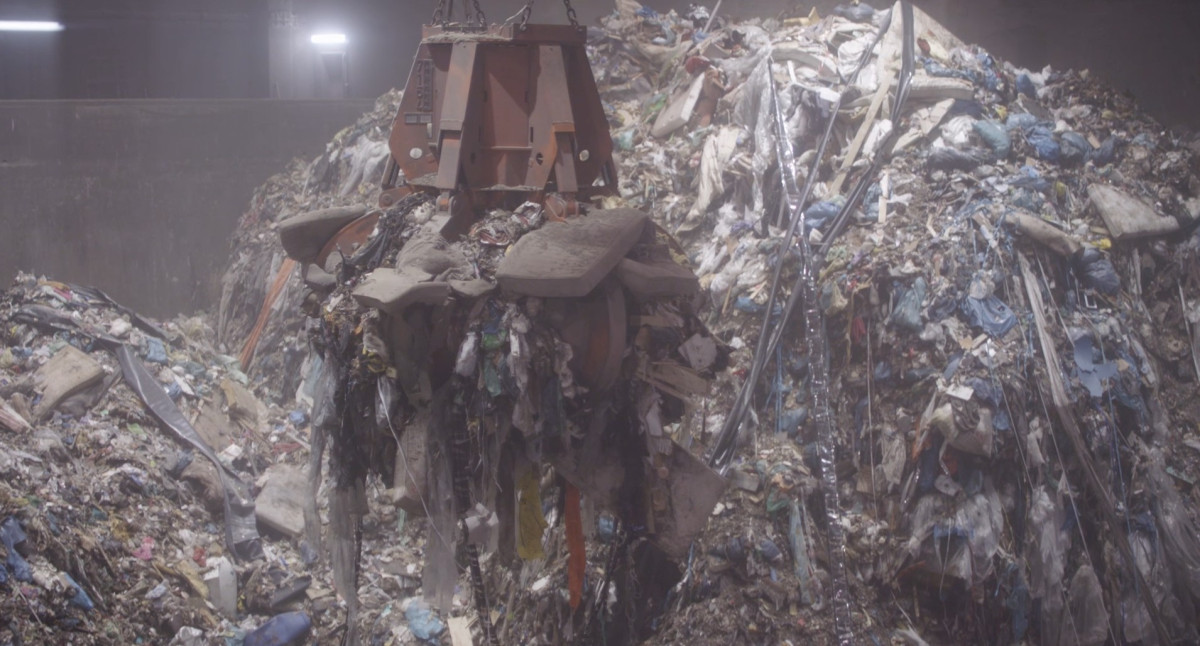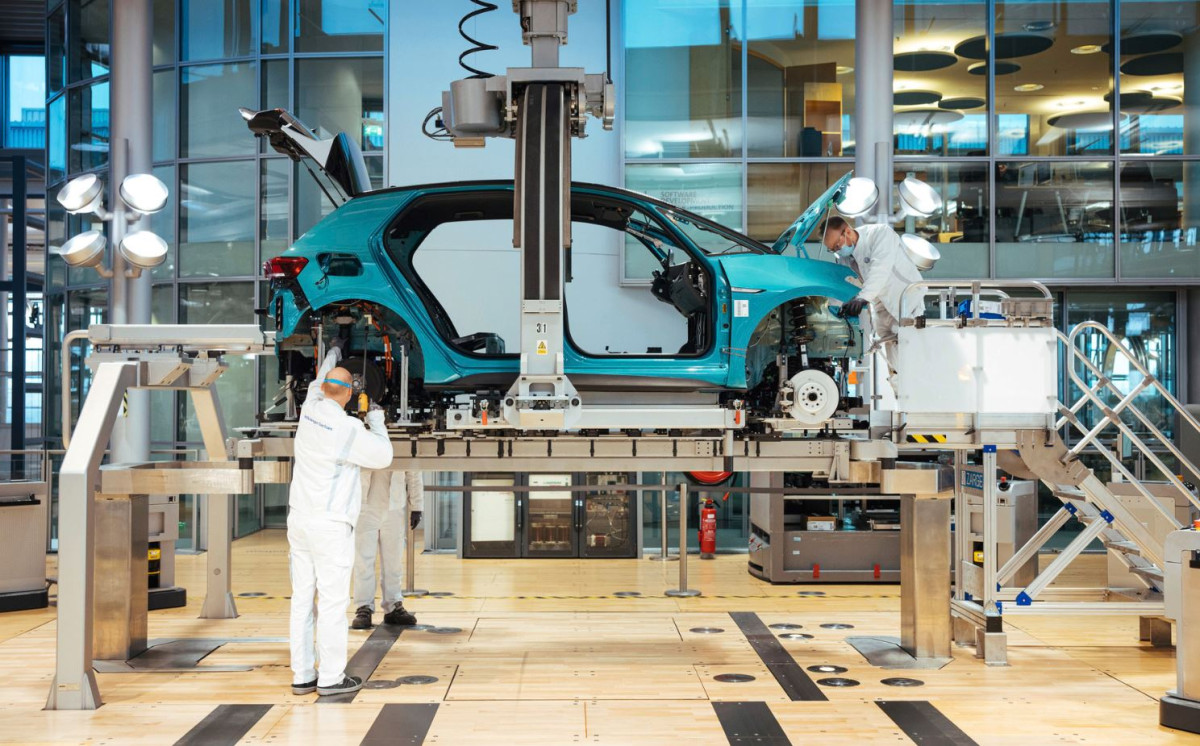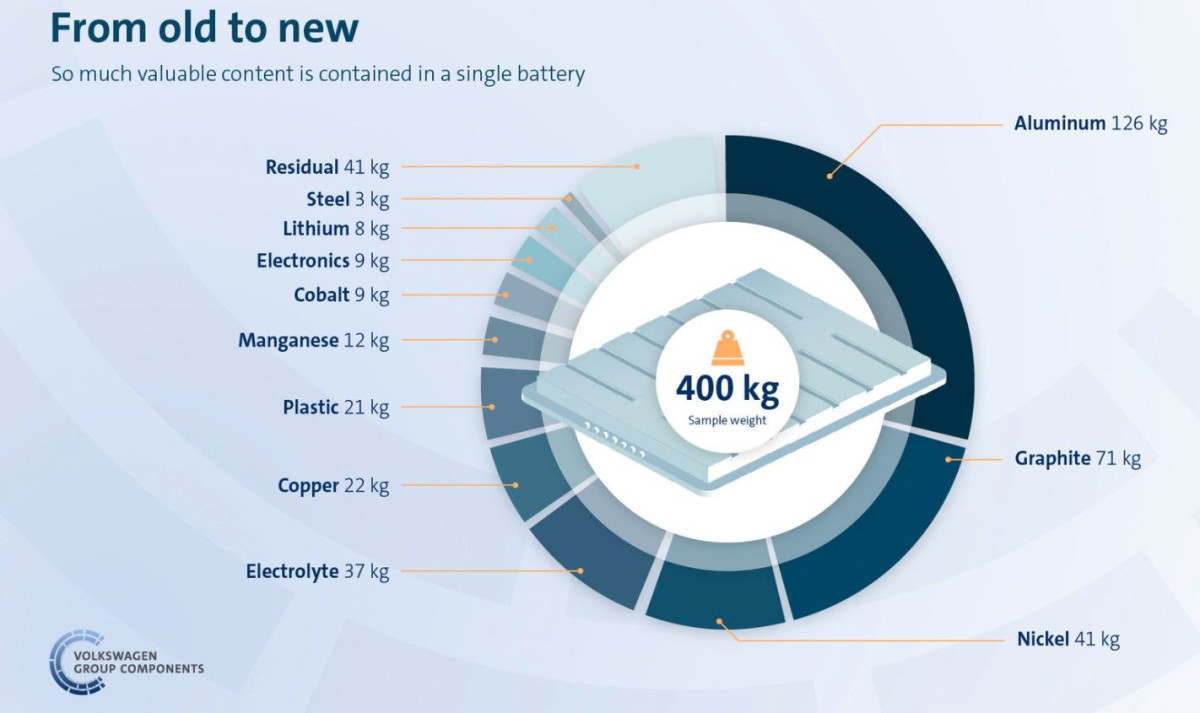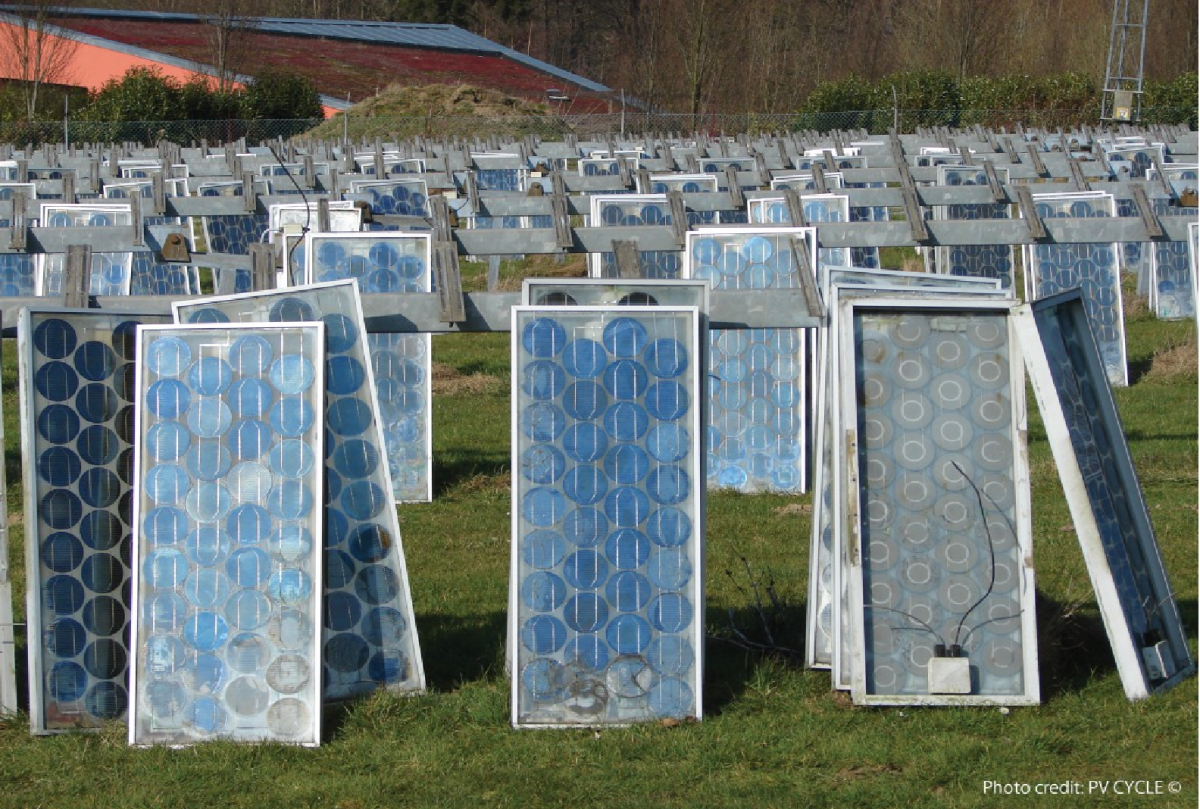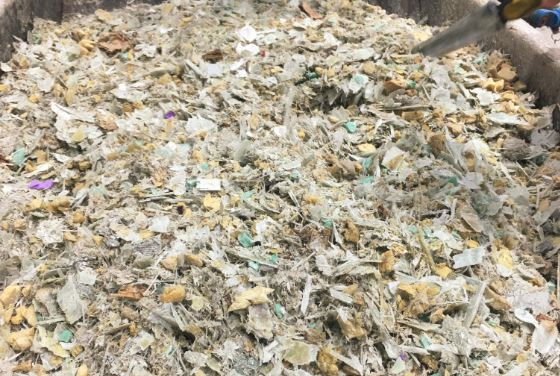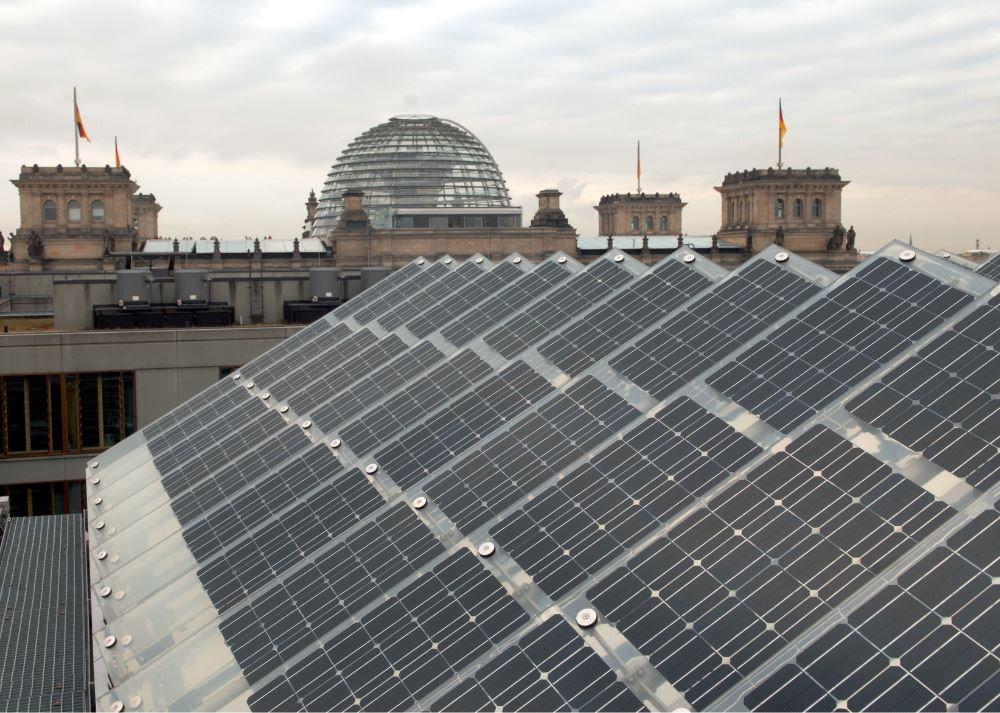Clean resources and recycling crucial to make energy transition truly sustainable
- Contents
- EU climate ambitions spell trouble for electricity from burning waste
- Clean batteries key hurdle in carmakers' race to go green
- Green resources, reuse and recycling are key to cleaner e-car batteries
- Battery gigafactories will rapidly make e-cars even greener – battery expert
- Energy transition's resource needs difficult to reconcile with clean supply chain ambitions
- Recycling revolution necessary to complete the clean energy transition
- Resources and recycling needs for Germany's wind turbines
- Resources and recycling needs for Germany's solar panels
Factsheets
- Waste to Energy – Controversial power generation by incineration
- Tesla's Berlin gigafactory will accelerate shift to electric cars
- Volkswagen places massive EV bet to master green mobility shift
- Solar power in Germany – output, business & perspectives
- German onshore wind power – output, business and perspectives
EU climate ambitions spell trouble for electricity from burning waste
The EU's bid for climate neutrality puts a big question mark over the future of generating electricity by incinerating waste. The fiercely disputed process emits CO2 and toxins, although its proponents point out that it prevents even greater environmental damage from landfill sites. While some back "waste to energy" plants to complement renewable electricity as part of a decarbonised future, its critics urge an immediate phase-out. The continent's ambitious recycling and circular economy plans are an additional risk for the industry: most power production from waste could eventually run out of fuel and become obsolete. Read the article here.
Clean batteries key hurdle in carmakers' race to go green
Electric cars have long been touted as key to a more sustainable future, but their contribution is clouded by the climate impact of making and disposing of them. As part of an industry-wide bid to roll out entirely CO2-neutral vehicles, future electric vehicles must become emission-free not only while on the road but also during production and recycling. Automobile companies have already started to clean up emission-intensive battery production. But this is only the first step. As carmakers' efforts to offer truly sustainable mobility become more serious, they start to look for other climate-neutral components, fanning hopes that their financial firepower can also trigger the shift towards carbon-neutrality in other sectors, such as steel and plastics. Read the analysis here.
Green resources, reuse and recycling are key to cleaner e-car batteries
The shift to electric cars is crucial for cutting transport emissions. But the skyrocketing demand for e-cars has triggered growing concerns about their batteries' environmental and human costs. Production is energy-intensive and involves a great variety of raw materials that can cause significant environmental and social damages when mined. This is why entire production chains require close monitoring and management. Since car batteries pose further environmental threats at the end of their lifespan, scaling up reuse and recycling will also be key to making the shift to low-emission mobility truly sustainable. Read the factsheet here.
Battery gigafactories will rapidly make e-cars even greener – battery expert
The batteries used in electric cars will quickly become more sustainable, and many concerns about their CO2 footprint are overblown, says Hans Eric Melin, founder and managing director of London-based consultancy Circular Energy Storage. The rapid scale-up of battery plants currently underway in Europe and elsewhere across the globe will make their production much more efficient, while the shift to renewables further reduces their "emissions backpack," according to Melin. Eventually, it should be possible to produce entirely climate-neutral batteries, he told Clean Energy Wire in this interview.
Energy transition's resource needs difficult to reconcile with clean supply chain ambitions
The material demands of a transition towards a low-carbon energy system are immense, meaning countries like Germany that expand renewable power generation will have to greatly expand imports of many different raw materials over the next years. The appetite for metals and minerals that sustain the mass rollout of renewables, e-cars and storage units raises questions whether greening one country's economy comes with social and environmental damage in others. Industry groups say that securing resources for the energy transition could not happen without risks, but proponents of stricter supply chain controls believe it ultimately is in the industry's own interest to better manage their sourcing activities. The conflict between clean energy production and a clean supply chain Germany is faced with showcases what other countries set to ramp up their renewable power capacity will have to eventually deal with too. Read the article here.
Recycling revolution necessary to complete the clean energy transition
The energy transition marks the single largest effort in history to reduce industrial waste by pursuing the goal of burning zero fossil resources and replacing them with renewables - but it does not come without waste on its own. Germany has one of the biggest wind and solar power stocks in the world, which is also one of the oldest. Together with batteries from e-cars and storage systems, energy transition waste is set to reach massive scales in the next years, meaning the country will showcase what it means to get a grip on sustainably managing the green technology stock's full life cycle. First attempts at the national and European level to better integrate recycling and circularity concepts into the energy transition have been dismissed as inadequate by environmental activists. But industry groups hope a bustling recycling market could also come to life without help, thanks to the immense value better recycled green technology has to offer. Read the article here.
Resources and recycling needs for Germany's wind turbines
Wind energy is becoming Germany's most important power source and is a key component of countries' energy transition plans around the world. But in order to ensure a reliable supply of input materials for their construction and prevent the technology's rapid growth in the context of climate action targets from creating a slew of fresh environmental challenges, researchers and industry are calling for a more coherent and integrated system of sourcing and recycling procedures. Read the factsheet here.
Resources and recycling needs for Germany's solar panels
Solar PV is set to become the world's fastest growing power source over the next decades, triggering a major shift in resource requirements in the energy sector and producing vast quantities of installations that at some point turn into electronic waste. Germany has been leading worldwide solar power expansion for two decades and therefore will be among the first countries that have to deal with managing large quantities of solar power waste efficiently and ensure that valuable resources are recovered to minimise the technology's environmental impact. Read the factsheet here.

